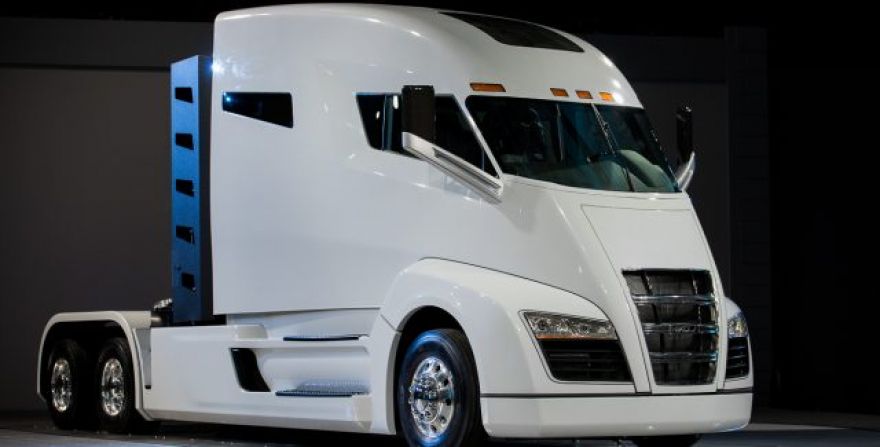
Electric Vehicle Company Admits It Faked Fuel-Cell Semi Truck Demo
Numerous companies are trying to perfect electric vehicles. Tesla has a particularly large following, but traditional automakers like Chevrolet and GM are also trying to get a piece of the emerging EV market. That’s why General Motors signed a deal with Nikola Motor Company, which, like Elon Musk’s Tesla, is named after inventor Nikola Tesla. Reports now that Nikola has been lying about having working vehicles and fuel cell technology. The company disputes this, but it has been forced to admit that a 2018 demo of its electric semi was faked with a hill and a tilted camera.
The accusations were made by short-selling investment firm Hindenburg Research, a fact that Nikola points to in an attempt to deflect blame.
According to Hindenburg Research, the company has consistently said it has working hydrogen fuel cell electric vehicle (FCEV) technology that it does not. In late 2016, the company claimed its electric semi-truck, the Nikola One, was fully functional. In January 2018, the company posted a video titled “Nikola One Electric Semi Truck in Motion” that showed the vehicle trucking down a deserted road. Hindenburg claimed this demo was faked — the truck was rolling down a gentle slope, and the company used a tilted camera to hide this fact.
Nikola issued a response to the report this week, but its explanation was not satisfying. Of course, it noted that Hindenburg Research wanted to hammer its stock price, but Nikola was forced to admit the truck demo was indeed fake. However, the company’s representatives would probably take issue with the word “fake.” As they pointed out, “Nikola never stated its truck was driving under its own propulsion in the video.” Uh-huh. That is technically correct, but it’s not a good look.
The buzz surrounding its semi prototype helped Nikola raise enough money to design newer vehicles like the Badger pickup truck it’s building with GM. Among other things, Nikola promises it can lower the cost of hydrogen fuel cells from today’s market price of around $16 per kilogram to below $4 per kilogram. We don’t know if that’s true, and the company’s record of bending the truth certainly casts doubt on such a lofty claim. If it can’t do what it claims, GM might not get what it wants from the Badger partnership. For its part, GM says it did its due diligence before getting into bed with Nikola.
Now read: